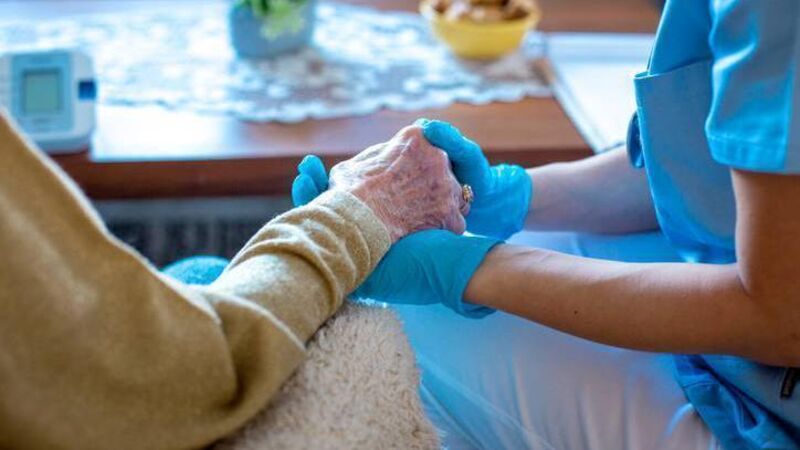Siptu: Work permit salary boost for home carers may not increase pay in private sector

Siptu has warned the increased salary requirement may not be matched by private providers, which could mean migrant staff will opt only for HSE jobs.
It is uncertain whether an increase in the salary required for work permits issued to non-EU home carers and healthcare assistants will boost pay in private healthcare, Siptu has warned.
A recruitment crisis faces the sector but the union warned this increased salary requirement may not be matched by private providers. This could mean migrant staff will opt only for HSE jobs, leaving gaps in the private sector unfilled.










